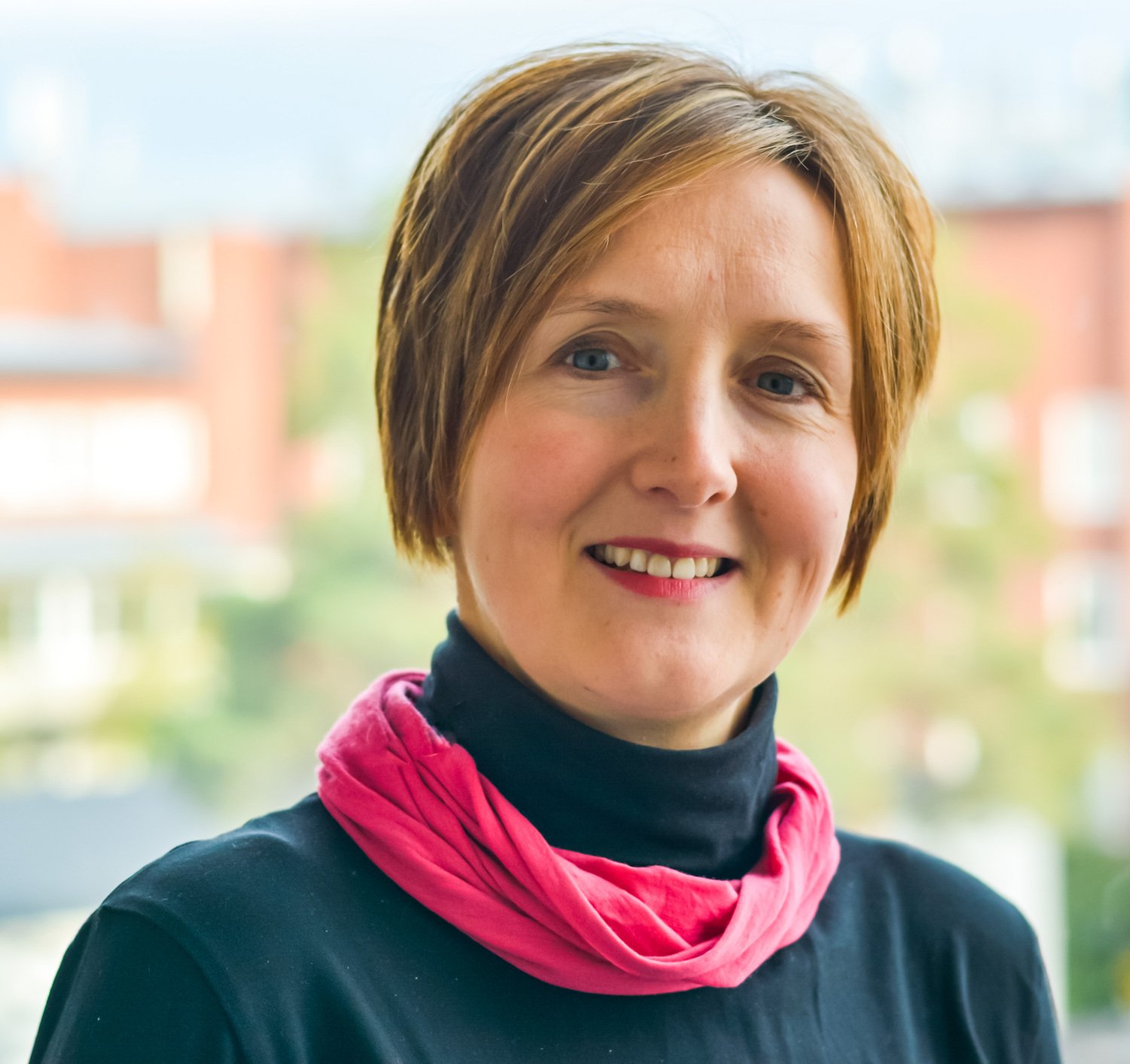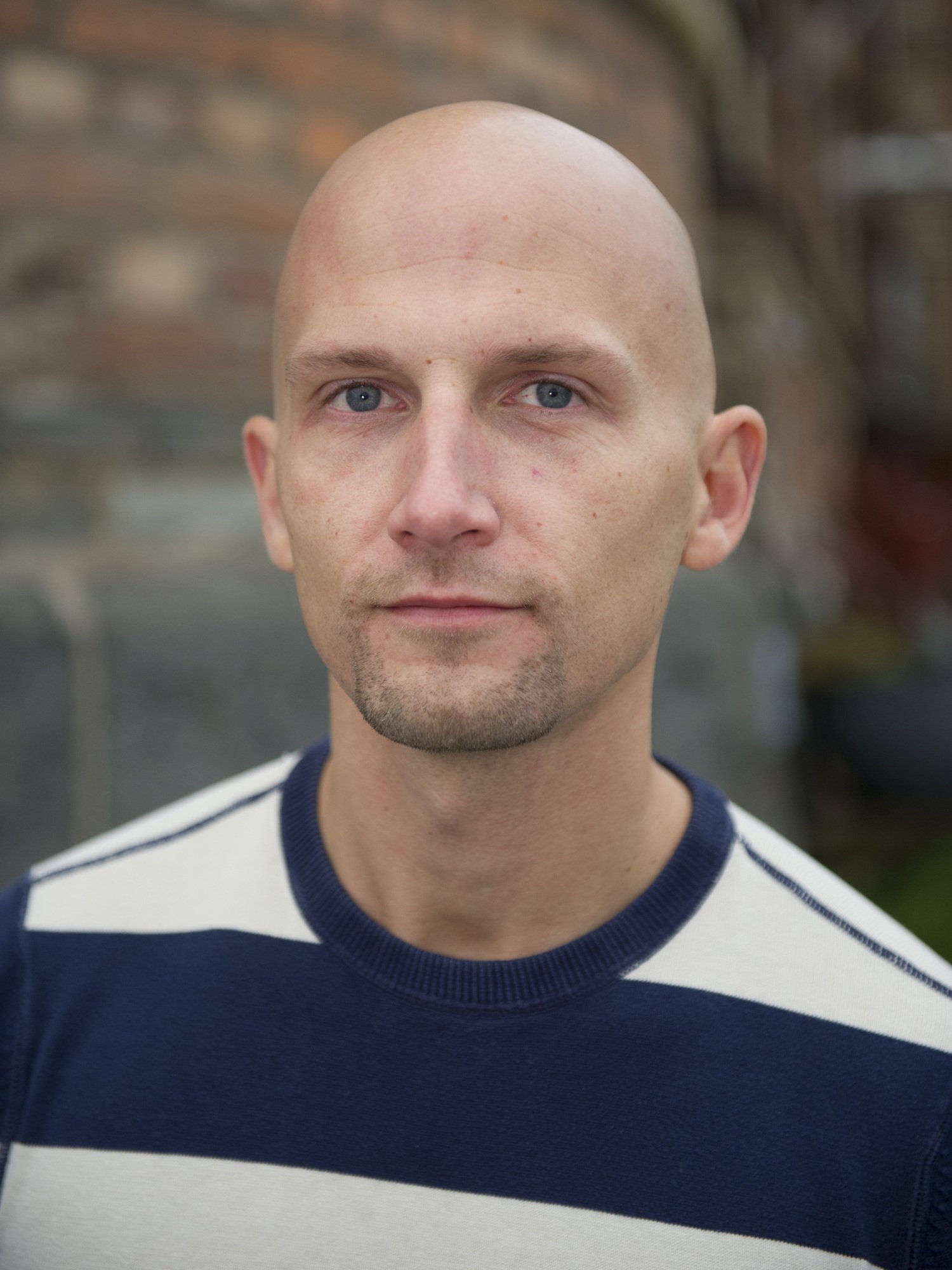Seven new research projects, four of which are led by researchers at Karolinska Institutet, will investigate how sick leave due to mental illness can be reduced among workers and white-collar workers in the private sector. It is part of the new R&D programme “The road to mental health in working life: Preventive, rehabilitative and strengthening efforts”, which is funded by Afa Insurance and Alecta.
Mental illness is the most common cause of sick leave in Sweden. For white-collar workers in the private sector, mental health diagnoses are most common, while for blue-collar workers it is in second place. This is shown by statistics from Afa Insurance and Alecta.
The R&D programme Road to Mental Health in Working Life: Preventive, Rehabilitative and Empowering Efforts has the overall aim of increasing health and reducing sick leave due to mental illness among workers and white-collar workers in the private sector.
The measures and initiatives that come out of the programme create insights and thus better conditions for a long and sustainable working life.
The programme, which comprises SEK 30 million, will start in September 2024 and end in December 2027.
The projects at Karolinska Institutet that receive funding
Part-time sick leave for mental illness as a preventive measure against long-term sick leave among private employees

Jurgita Narusyte, researcher at the Department of Clinical Neuroscience, Karolinska Institutet, has been awarded SEK 3,699,282 to investigate whether part-time sick leave for mental illness among private employees can prevent long-term sick leave and contribute to more people staying in work.
Being on sick leave due to reduced work capacity is a significant challenge for society today. Mental illness accounts for a large part of sick leave, but there is a lack of knowledge about the extent of sick leave can affect future work ability in working life.
The project is expected to contribute to filling this knowledge gap with the goal of improving current sick leave practices and how sick leave is handled in Sweden. In the long term, this can help people with mental illness to receive appropriate preventive measures at the right time.
Interventions to improve mental health by preventing sexual harassment in the hotel sector

Gun Johansson, researcher at the Institute of Environmental Medicine, Karolinska Institutet, has been awarded SEK 3,338,076 to develop and test measures against sexual harassment together with management and employees at four hotels.
This is done on the basis of previous collaborations where the occurrence of sexual harassment, risk groups and risk situations have been analysed.
Sexual harassment is common in the hotel and restaurant industry and can lead to mental illness for those affected. A previous report from the Swedish Confederation of Trade Unions (LO) shows that members of the hotel and restaurant industry reported to the highest extent that they were subjected to sexual harassment, both from employees and managers and from guests.
Measures to prevent and manage harassment have been proposed, but there are few studies that evaluate these measures.
Fatigue as a Transdiagnostic Symptom Dimension: New Methods for Early Assessment and Treatment

Elin Lindsäter, researcher at the Department of Clinical Neuroscience, Karolinska Institutet, is awarded SEK 2,210,206 to increase knowledge about fatigue as a transdiagnostic symptom and investigate whether t-CBT can be effective in reducing fatigue, increasing function and preventing long-term sick leave.
Fatigue syndrome is one of the main causes of long-term sick leave in Sweden. Today, there is little knowledge about the validity of the diagnosis and effective treatments.
The project is expected to show that t-CBT can be more effective than traditional care in reducing symptoms and sick leave for people with fatigue and other fatigue conditions, and thus contribute to a more cost-effective treatment.
A treatment for many: improved care for primary care patients with mental illness through transdiagnostic internet-mediated CBT

Erik Hedman-Lagerlöf, professor at the Department of Clinical Neuroscience, Karolinska Institutet, has been awarded SEK 4,979,308 to create evidence for an easily accessible internet-based, transdiagnostic CBT for primary care patients with common mental illness. He will also investigate whether the treatment can be widely spread in primary care.
CBT treatment has proven effective for several mental health diagnoses, but the approach has major disadvantages that prevent implementation in primary care.
The results are expected to show that this treatment, transdiagnostic CBT, is more effective than usual primary care in reducing symptoms and sick leave, and can mean a new way to treat mental illness and reduce suffering for many patients.








